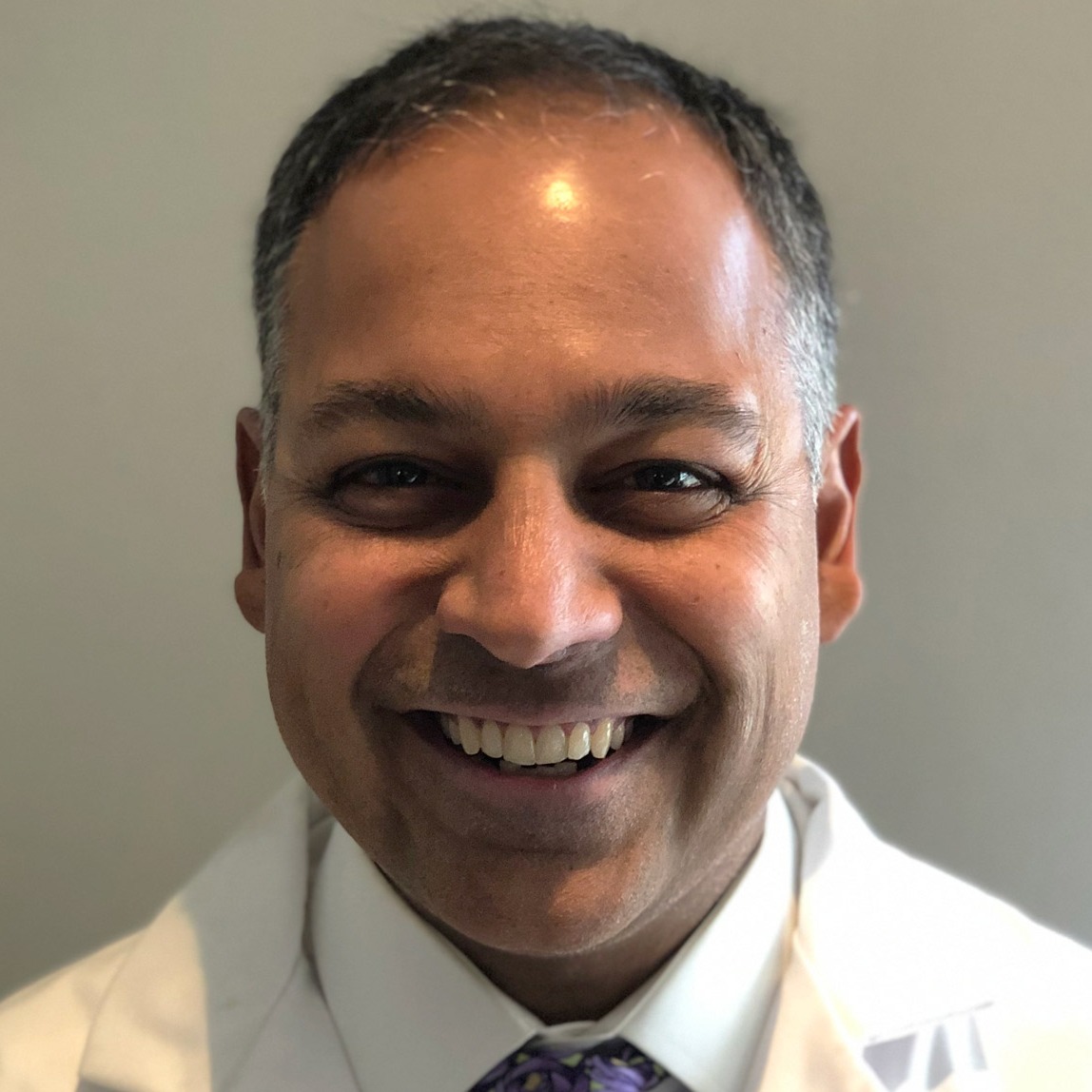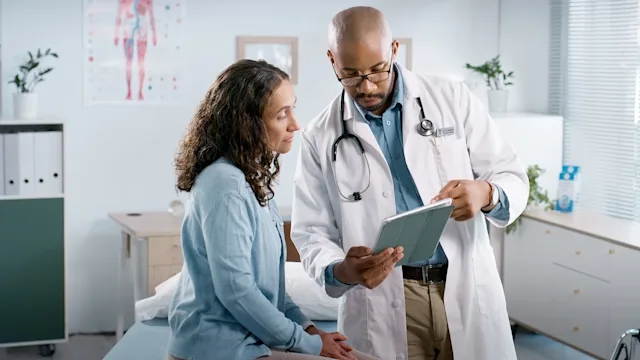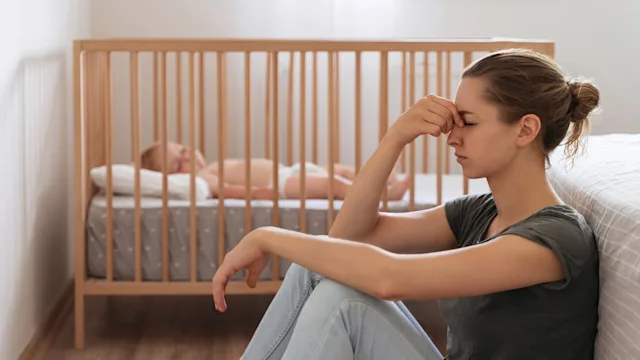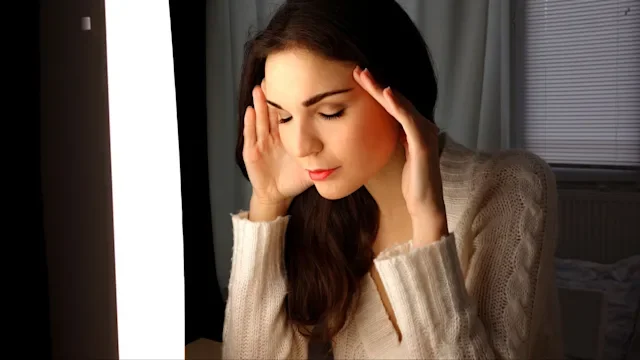Medications often play a key role in treating major depressive disorder. Antidepressants may help reduce symptoms enough that it may be easier to stick to a healthy routine. In turn, a routine with healthy habits may help improve your depression symptoms even more.
Behavioral changes help you get “back into your daily rhythm,” says Jacques Ambrose, MD, MPH, FAPA, Psychiatrist at Columbia University Irving Medical Center. This can help “move [you] a little bit closer to the goals that you have for treatment.”
Jacques Ambrose, MD, MPH, FAPA, is a Psychiatrist at Columbia University Irving Medical Center.
References
American Psychological Association. (2010). Depression: How psychotherapy and other treatments can help people recover.
Centers for Disease Control and Prevention. (2022). Reduce stress in 10 minutes and improve your well-being.
Centers for Disease Control and Prevention. (2022). Tips for better sleep.
Fang, H., et al. (2019). Depression in sleep disturbance: A review on a bidirectional relationship, mechanisms and treatment. Journal of Cellular and Molecular Medicine.
Firth, J., et al. (2020). Food and mood: How do diet and nutrition affect mental wellbeing?. BMJ.
Heissel, A., et al. (2023). Exercise as medicine for depressive symptoms? A systematic review and meta-analysis with meta-regression. British Journal of Sports Medicine.
MyPlate. (n.d.). Healthy eating for adults. U.S. Department of Agriculture.
Rush, A. J. (2023). Patient education: Depression treatment options for adults (beyond the basics). UpToDate.

Why trust our experts?


Search and compare options












